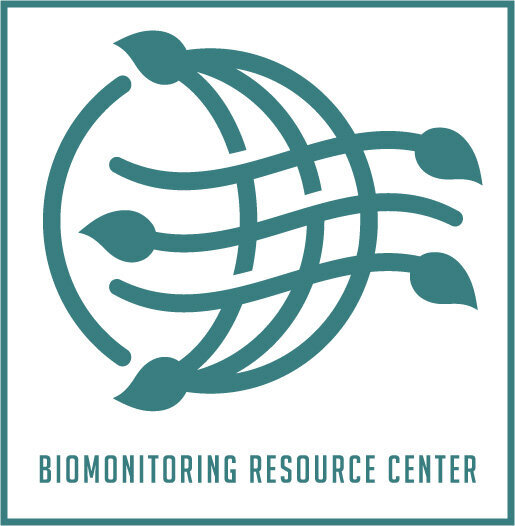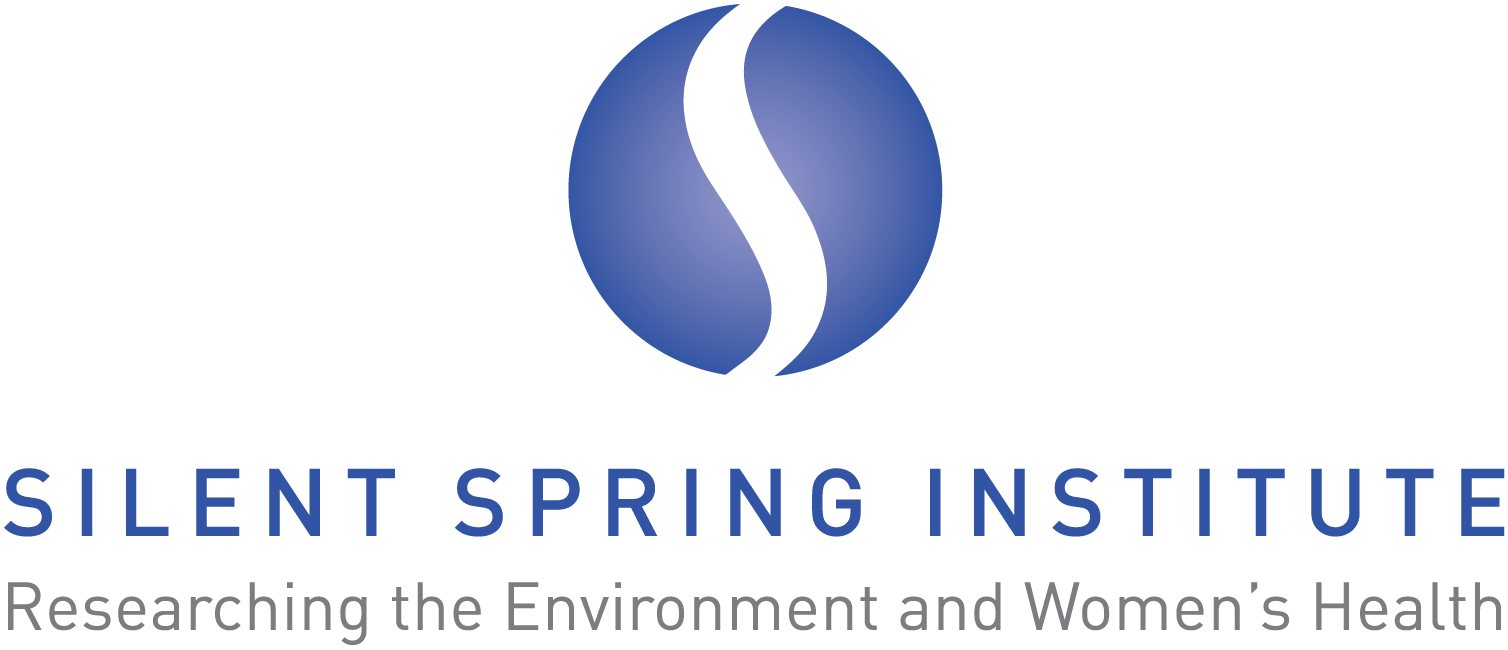Related Webinars
Related Blog Posts
Partner Resources

Commonweal Biomonitoring Resource Center
Commonweal Biomonitoring Resource Center (CBRC) conducts environmental monitoring for chemicals with EDC properties in affected US communities, including fire fighters, farmworkers and populations living near oil and gas production sites. CBRC research provides the robust exposure data necessary to leverage awareness and guide decision making among communities, health care providers, regulatory agencies and others.

HEAL
Since 2003, the Health and Environment Alliance (HEAL) has been a leading European nonprofit public interest organization, with over 90 members addressing how the environment affects health in the European Union (EU). HEAL has a strong track record in increasing public and expert engagement in the EU and World Health Organization (WHO) debates and decision-making process.

Healthy Environment and Endocrine Disruptor Strategies
Healthy Environment and Endocrine Disruptor Strategies (HEEDS) is an Environmental Health Sciences (EHS) program. HEEDS is a non-profit multidisciplinary coalition of scientists dedicated to improving communication, coordination, and collaboration in the endocrine disruption field. HEEDS was developed by scientists for scientists.

Program on Reproductive Health and Environment
Program on Reproductive Health and Environment (PRHE) is the nation’s leading research and public policy center devoted to creating a healthier environment for human reproduction and development . PRHE works to advance scientific inquiry, clinical care, and health policies that prevent exposures to harmful chemicals in our environment.

Silent Spring Institute
Silent Spring Institute is a mission-driven scientific research organization dedicated to uncovering the environmental causes of breast cancer. The institute works to create new knowledge about cancer-causing chemicals—how we are exposed and how they affect our health—as well as strategies for reducing harmful exposures. Silent Spring's science has played a pivotal role in strengthening numerous policies to protect consumers from toxics while making cancer prevention a national research priority.
